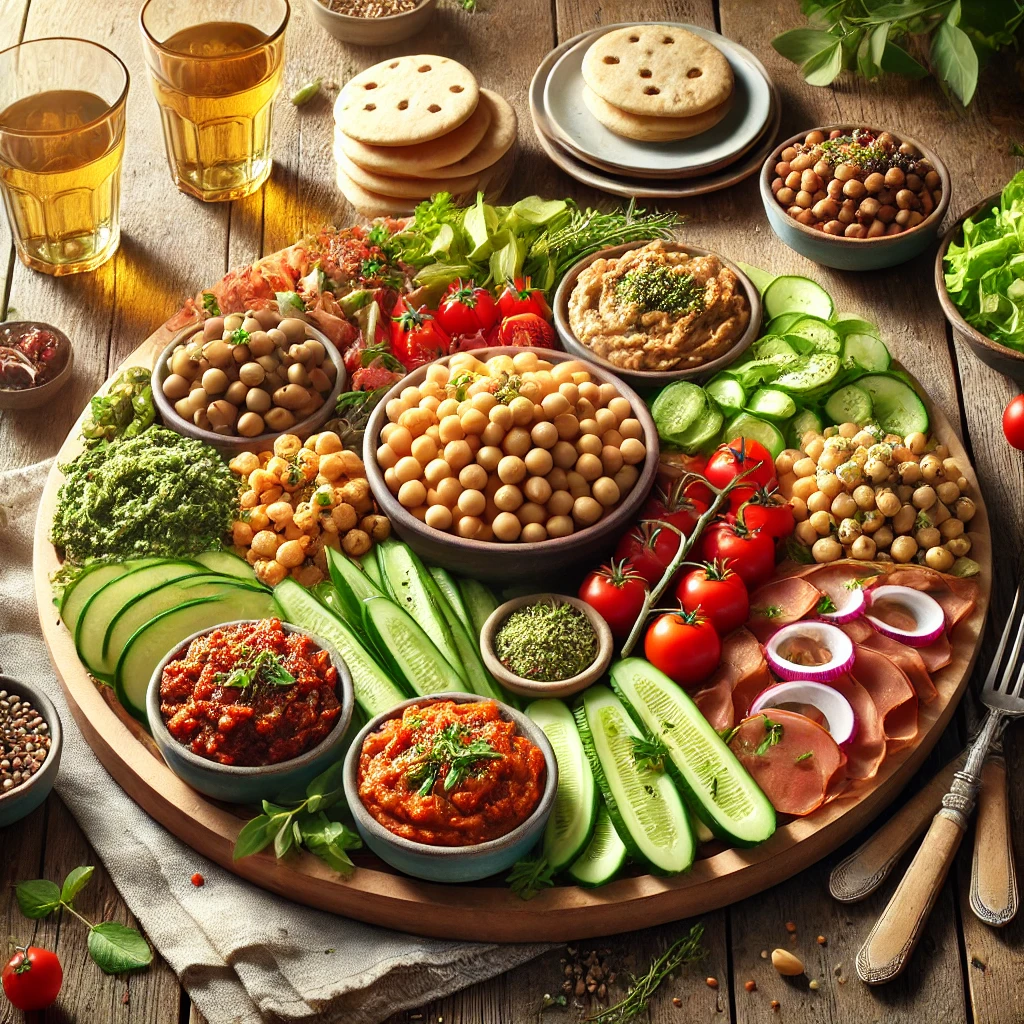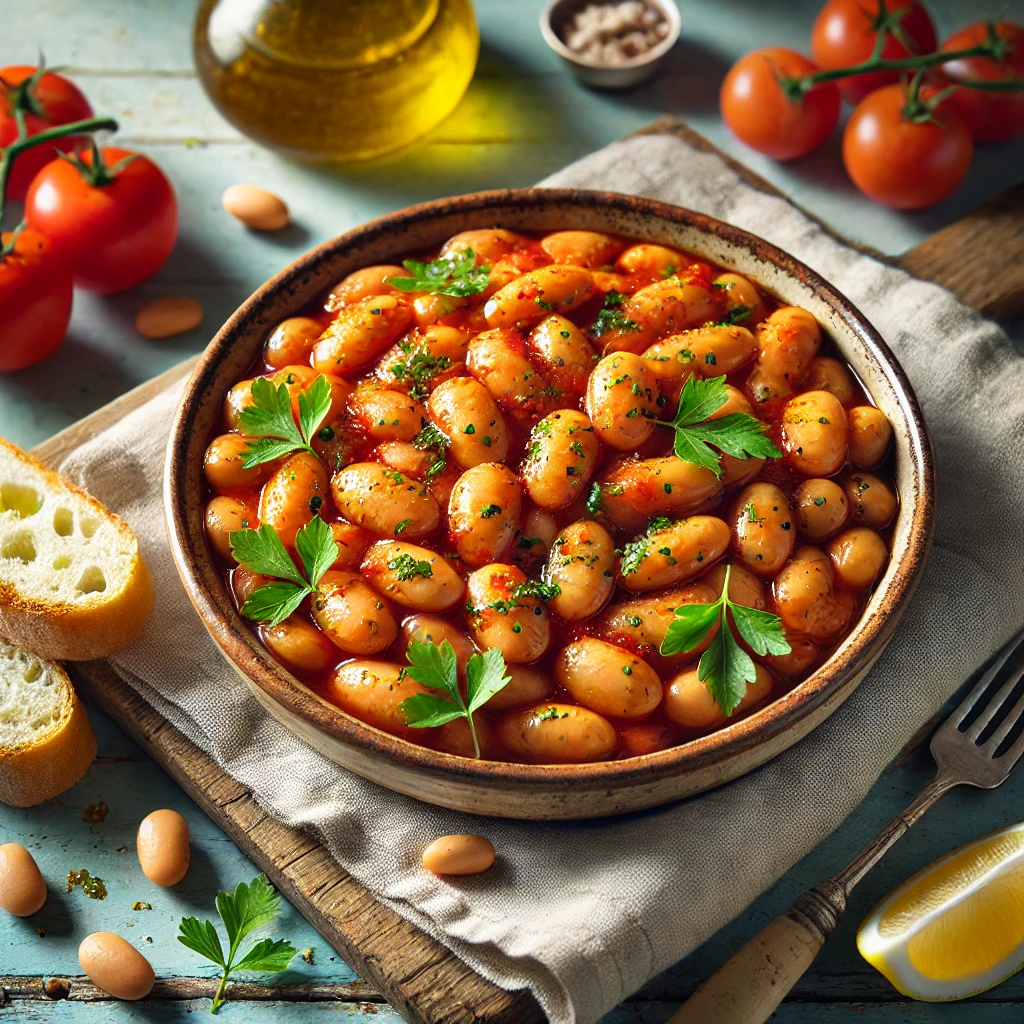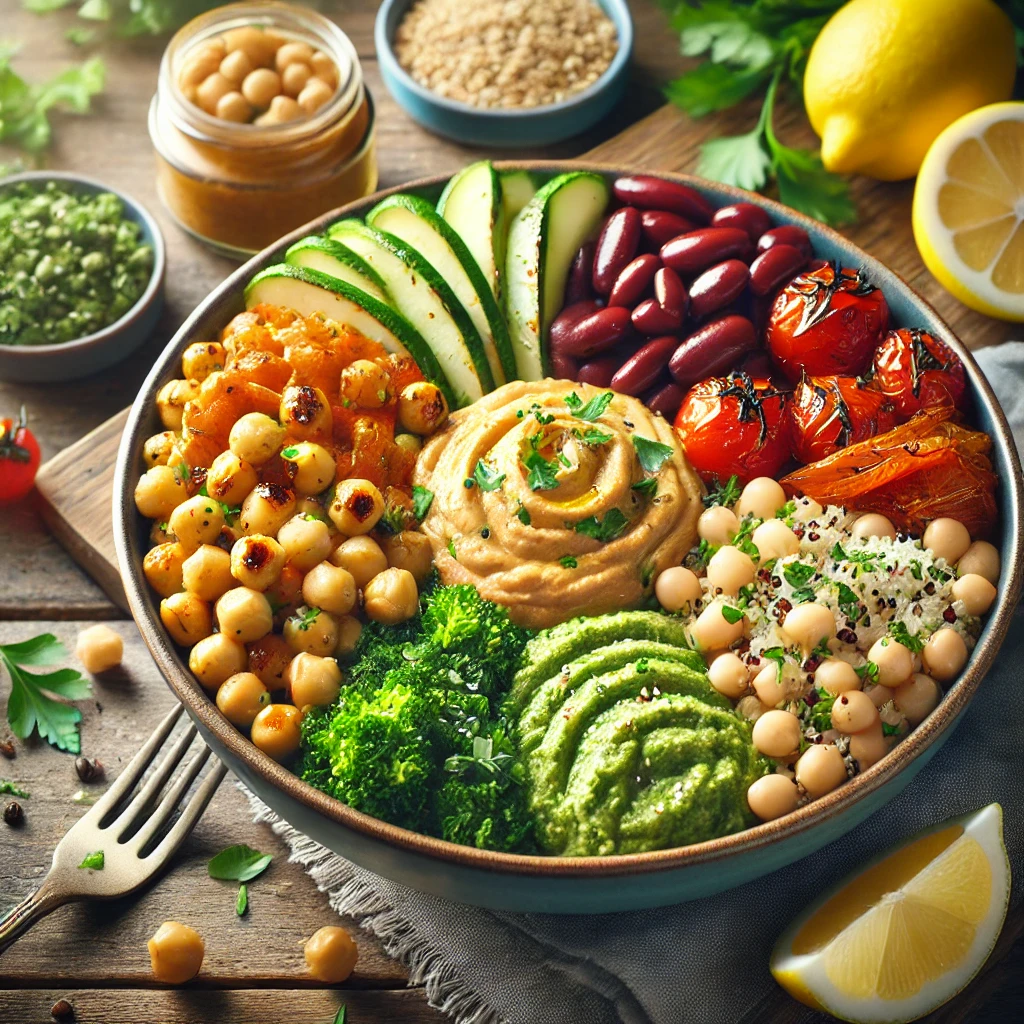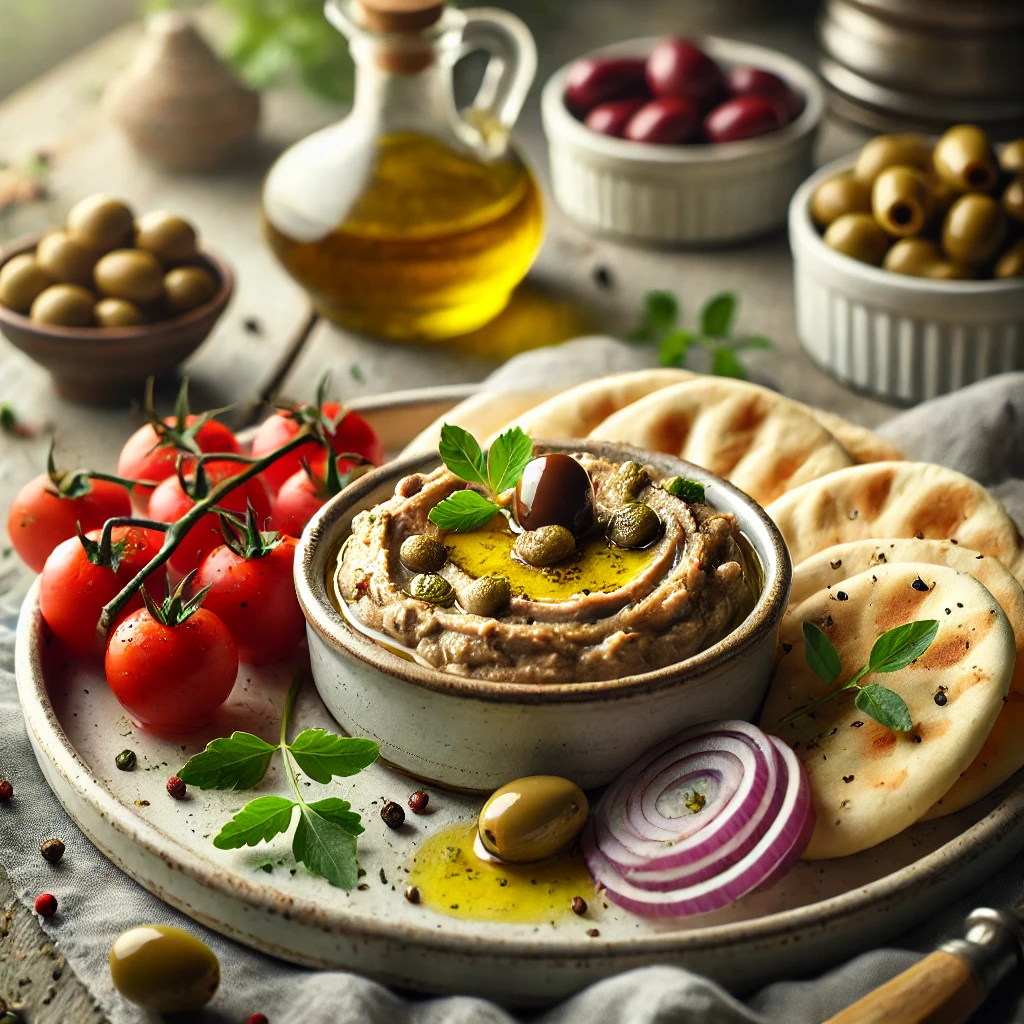

When you think of the Mediterranean Diet, you might picture vibrant vegetables, golden olive oil, and sun-ripened tomatoes — but what about protein? While grilled fish and cheeses have their place, the unsung heroes of Mediterranean protein are the plant-based powerhouses: legumes, pulses, seeds, and grains.
In traditional Greek kitchens, dishes like chickpea stews, fava purée, and gigantes plaki (giant baked beans) aren’t just side dishes — they’re deeply satisfying meals in their own right. And in today’s health-conscious world, these time-honored foods offer the perfect combination of nutritional strength, cultural richness, and everyday convenience.
In this guide, we’ll explore the best plant-based proteins in the Mediterranean diet, why they’re good for you, and how to enjoy them effortlessly — especially with help from Paliria’s ready-to-eat options.
To support health and energy, plant-based proteins should provide:
Luckily, Mediterranean legumes tick every box. And when combined with grains, seeds, or vegetables, they form a well-rounded nutritional profile that’s both heart-healthy and satisfying.

1. Chickpeas (Revithia)
Chickpeas are a Mediterranean staple used in soups, stews, and salads. In Greece, they’re slow-cooked with onion, lemon, and olive oil or blended into spreads like hummus.
Benefits:
Try This:
Paliria Chickpeas with Cumin & Lemon Dressing — already seasoned and ready to add to grain bowls, wraps, or leafy greens.
Gigantes are giant white beans traditionally baked in tomato sauce with herbs. Known for their creamy texture and hearty flavor, they’re a protein-rich base for any Mediterranean plate.
Benefits:
Quick Meal:
Serve Paliria Giant Beans in Tomato Sauce over sautéed spinach with a drizzle of extra virgin olive oil and lemon.
Not to be confused with fava beans, Greek fava is a silky purée made from yellow split peas, olive oil, lemon, and onion. Served warm or cold, it’s a creamy, protein-rich spread perfect for dipping or layering into veggie pitas.
Benefits:
Serving Idea:
Top with caramelized onions and fresh parsley. Serve alongside olives, dolmas, and pita for a protein-packed meze.
Found in dishes across the Mediterranean, lentils are incredibly versatile — served as soups, salads, or hearty mains. They’re quick to cook and combine well with herbs, tomatoes, and citrus.
Benefits:
While not native to Greece, grains like barley, bulgur, and farro have long been used in Mediterranean cooking. When paired with legumes, they form complete proteins — delivering all nine essential amino acids.
Try mixing chickpeas + bulgur, or lentils + barley salad with fresh mint and lemon.

TWhat sets Mediterranean plant-based proteins apart isn’t just their nutrition — it’s how they’re prepared and enjoyed:
This holistic approach supports cardiovascular health, energy levels, and even mood — without relying on meat or processed alternatives.
Even small swaps can make a big difference:
Top leafy greens with Paliria Chickpeas, olives, and bulgur. Add tahini dressing for a creamy finish.
Swap crackers and cheese for fava purée, veggies, and Paliria Dolmas — savory and satisfying with no prep required.
Build a base of barley or rice, layer with Giant Beans, roasted vegetables, and a spoonful of hummus.
Try legumes in more than one dish per day — for example, hummus at breakfast, chickpeas at lunch, and beans at dinner. In Greece, it’s normal to eat beans 3–4 times per week.

Paliria’s ready-to-eat plant-based dishes are simmered in olive oil and seasoned with authentic Greek flavors — no shortcuts, no preservatives, just real food. These products make it easier than ever to enjoy Mediterranean protein, even on your busiest days.
Whether you’re vegan, flexitarian, or simply looking to eat less meat, Paliria’s shelf-stable recipes offer both convenience and cultural depth.
The Mediterranean diet proves you don’t need meat to get high-quality protein — just look to the legacy of legumes. Chickpeas, beans, fava, and lentils have fueled Greek families for generations with flavor, fiber, and health benefits that modern science now confirms.
Start with Paliria’s authentic dishes, and build your own protein-rich, plant-powered traditions from there.